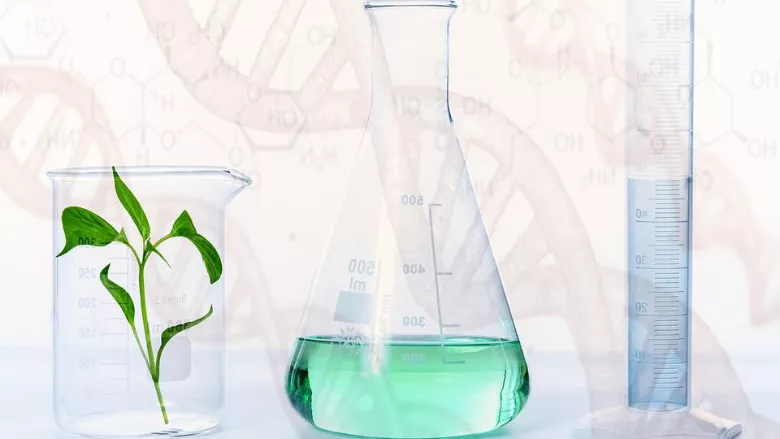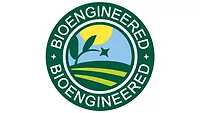Japan Updates Labeling Rules for Genetically Modified Foods

Credit: PhotoMIX-Company via Pixabay
Japan will enforce a new labeling protocol for genetically modified (GM) foods in 2023. The decision follows an announcement from Japanese Consumer Affairs Agency (CAA) that states that nine major agrifood products—soybeans, corn, potatoes, rapeseed, cottonseed, alfalfa, sugar beet, papaya, and mustard greens—will be required to follow mandatory GM labeling rules.
All processed foods that are made using the nine agrifood products will also be subject to mandatory GM labeling rules if the genetically modified DNA or protein produced by the DNA is still detectable after processing. CAA will monitor 33 major product categories for compliance. Key foods of concern highlighted by CAA include soybeans engineered to produce stearidonic acid and corn encineered with high lysine levels.
CAA also announced that the Japanese GM labeling system will include a separate, voluntary “non-GM” label. Only food products that contain undetectable levels of GM ingredients will be able to use the “non-GM” label.
Looking for quick answers on food safety topics?
Try Ask FSM, our new smart AI search tool.
Ask FSM →







